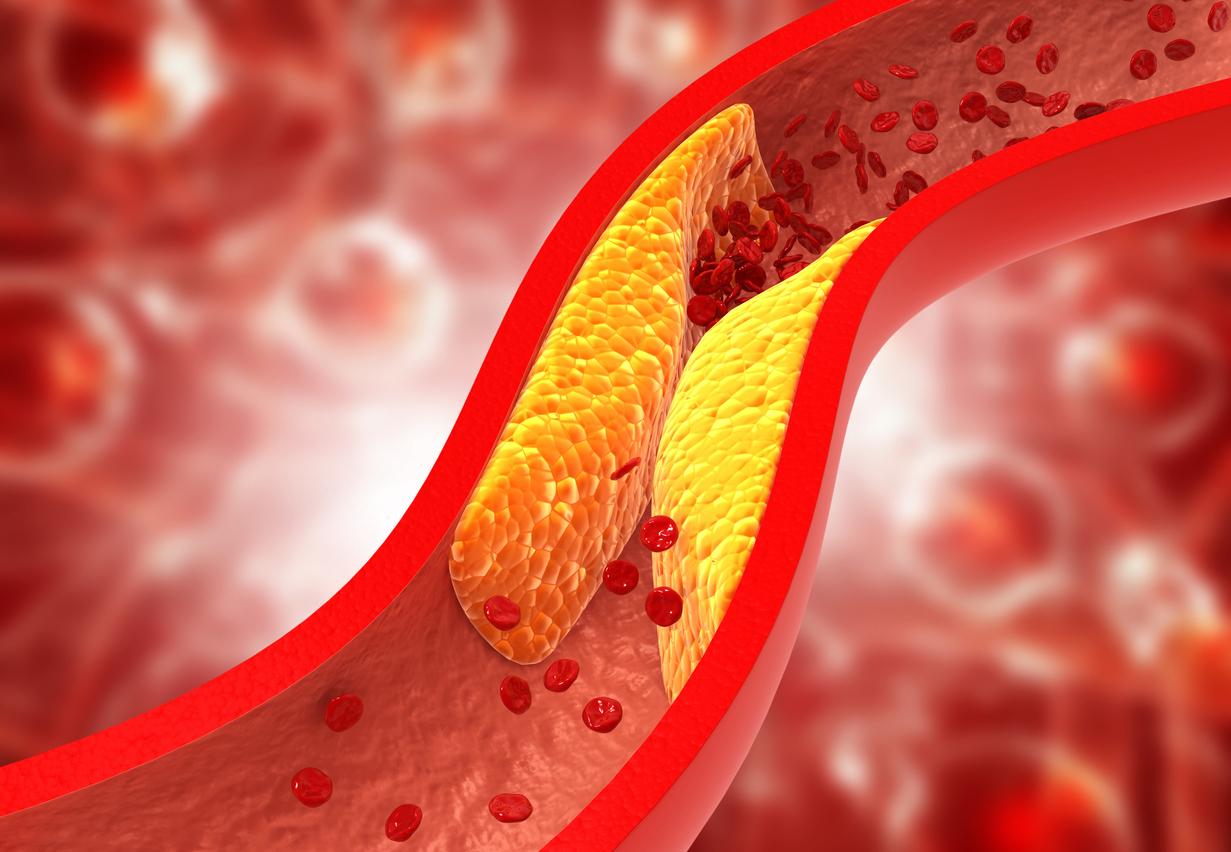By blocking the accumulation of cholesterol in the cells, it is possible to prevent the spread of certain diseases.
-1577364088.jpg)
Spanish researchers from the August Pi i Sunyer Institute of Biomedical Research (IDIBAPS) in Bardelone, have discovered a new molecular mechanism involved in regulating the movement of cholesterol in cells. Their work has been published in the journal Cellular and Molecular Life Sciences.
The study was conducted by Carles Enrich and Carles Rentero, professors in the Cell Biology Unit of the Department of Biomedicine at the Faculty of Medicine and Health Sciences at the Cellex Biomedical Research Center.
Block cholesterol concentration
During the study, the researchers identified the protein Annexin A6 (AnxA6), which acts as a key factor in regulating the movement of cholesterol into cells. In cases where diseases caused by the accumulation of cholesterol and other lipids in endosomes can be prevented, it may act as a potential therapeutic target. This new molecular mechanism may protect against conditions such as Niemann-Pick disease type C1, which is caused by a mutation in the NPC1 gene, which causes cholesterol to accumulate in the cell interior of the endosome and is an incurable minority genetic disease, causing liver damage and a type of dementia.
“Understanding these mechanisms is very important for treating diseases where the accumulation of cholesterol and other lipids cause serious physiological alterations in the liver, spleen and nervous system,” note Carles Enrich and Carles Rentero.
For further understanding, the researchers used the CRISPR-Cas9 gene-editing technique to block AnxA6 in cells with the disease phenotype. This resulted in the release of endosomal cholesterol, showing the key role of this protein in the regulation of cholesterol transfer.
A possible use against a dozen diseases
This release occurred due to a significant increase in membrane contact sites, nanoscale structures visible under an electron microscope. The researchers explain that these membrane contact sites are just a few inside the cells of affected patients.
Therefore, silencing AnxA6 stops the effect of the NPC1 gene mutation and redirects cholesterol to other cellular compartments, returning to cellular normal.
“The results could help treat the clinical consequences of cholesterol accumulation in patients with Niemann-Pick disease and a dozen other pathologies, including different types of cancer (pancreas, prostate, breast), in which lipid metabolism plays a fundamental role”, underline the researchers.
.

















